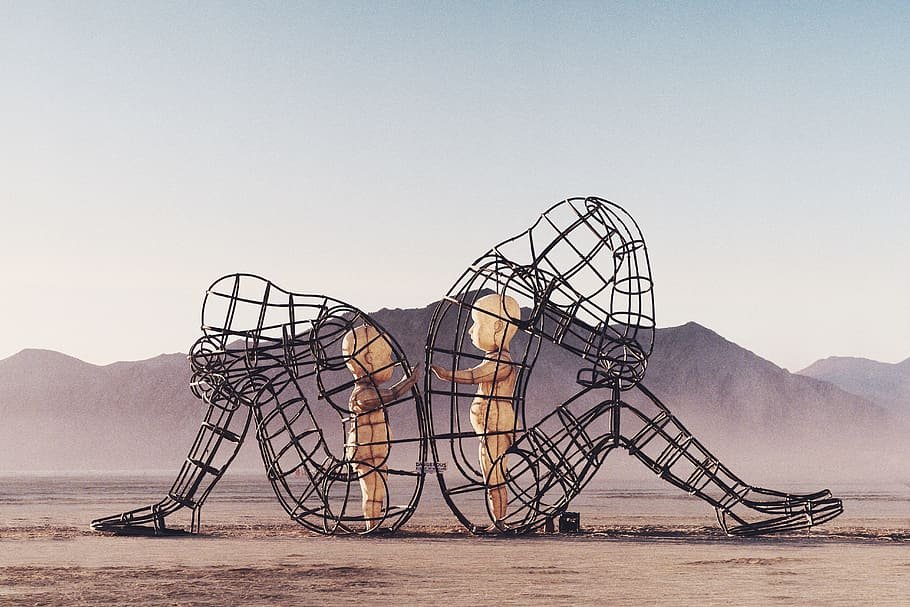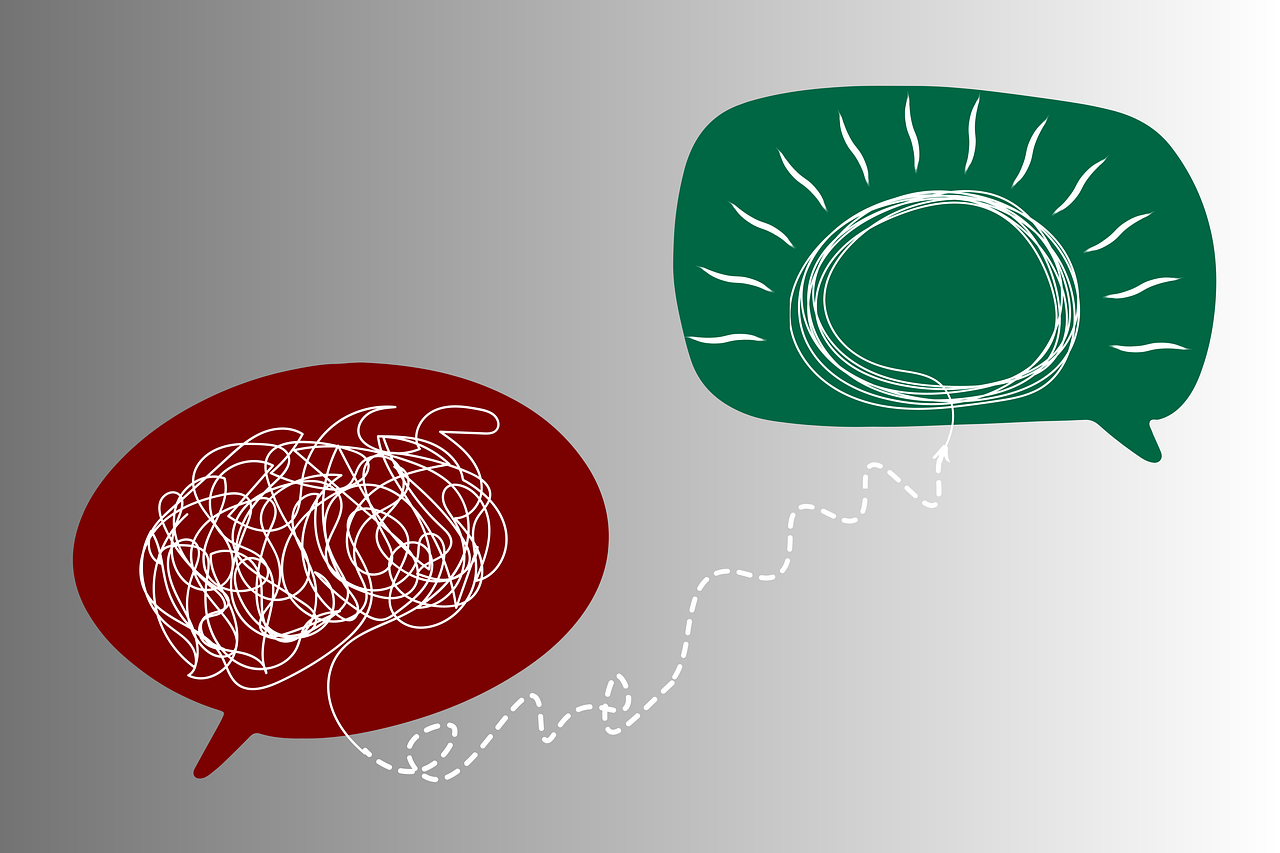
Is Therapy Right for Me? A Self-Assessment Guide
Wondering if therapy is right for you? This supportive self-assessment guide explores the signs you may benefit from counselling, when it might not be the best option, and how to decide if therapy is the right step for you now.

Men’s Mental Health: How Masculinity Shapes Emotional Wellbeing
Men’s mental health is often overlooked, yet societal expectations of masculinity can leave many men struggling in silence. From the pressure to “man up” to the lack of emotional education, men are often taught to suppress their feelings rather than seek support. Therapy offers a safe, non-judgmental space to explore these challenges, build emotional awareness, and redefine what strength truly means.

Meeting the Inner Child: Understanding a Core Part of Ourselves
Many of our adult struggles—like anxiety, low self-worth, or difficulty with relationships—can trace their roots back to unmet needs from childhood. The concept of the inner child helps us understand how early emotional wounds continue to shape our daily lives. In this article, we explore what it means to reconnect with your inner child, how it shows up in everyday patterns, and how therapy can offer healing, safety, and transformation.

Always On: Reclaiming Your Mental Health from Phones and Social Media
In a world of constant pings and endless scrolling, our relationship with phones and social media is reshaping how we think, feel, and connect. This post explores the impact of digital habits on mental health, sleep, anxiety, and relationship intimacy—drawing from therapeutic insight at Rise and Grow Therapy. Whether you’re feeling overstimulated, disconnected from your partner, or simply tired of being “always on,” this guide offers practical strategies to help you reclaim your attention and build a healthier, more intentional relationship with technology.

When Therapy Doesn’t Work (Yet): Understanding Setbacks, Stuck Points, and the Hope Ahead
Psychotherapy can be an extraordinary space for healing, growth, and insight. For many, it offers relief, clarity, and renewed strength. But what happens when therapy doesn’t seem to work? What if you feel stuck, disappointed, or even more confused than when you began?
This experience can feel disheartening and isolating—but it’s far more common than we often talk about. Importantly, a lack of immediate success in therapy doesn’t mean therapy is inherently flawed, or that you are. It may mean the timing isn’t quite right, the approach needs adjusting, or something vital has yet to fall into place. Therapy is not a one-size-fits-all process. And just because it hasn’t worked yet, doesn’t mean it won’t work—or that it can’t work beautifully, when the conditions are right.
